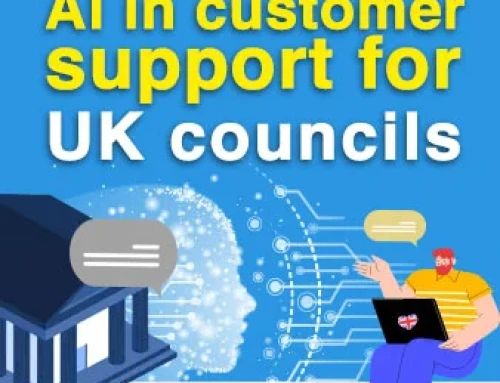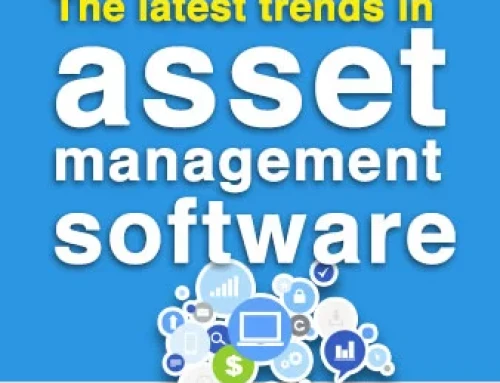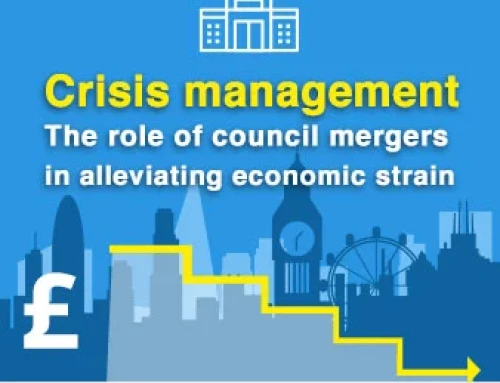How IoT and 5G will shape the next generation of Council Services?
A bundle of opportunities for the future government!
Digital communication is running the entire world. The advent of modern technologies with the mobile networks has made work smarter and communication faster. As a result, people are living an easier life. Long back in 1985, the UK made its first ever mobile phone call and since then there is no looking back. It’s an impeccable journey from first-generation analogue voice calls to data-oriented 4G networks. These developments have simplified personal interactions. Besides that, it has also given a new direction to the industrial growth and nation’s economy.
What’s next?
5G – The fifth generation of mobile communications will hit the market around 2020. It will act as a catalyst to boost the evolution of IoT (Internet of Things). Also, we will see more of industrial automation, AI (Artificial Intelligence) and sensors. Data-based communications will be at the forefront. 5G technology will be a milestone in the telecom industry that will impact all other sectors including the council services. Businesses will be more dynamic. Expect more outcomes with more data and lesser efforts, especially for future government council services.
According to an estimate, global mobile data traffic is expected to reach a monthly rate of 30.6 Exabyte by 2020, as compared to 3.7 Exabyte in 2015.
The smartphones, high-end machines and the Internet will drive this massive data traffic. Expect rapid speed, increased security, reliable networks and reduced response times. The future government plans to make the UK a global leader in the mobile and digital communication. So, 5G will be a great motivating factor to support this vision.
The Future Communications Challenge Group (FCCG)’s report suggests that UK leadership in 5G could result in the opportunity to create £173 billion of incremental UK GDP growth over a ten-year period from 2020 to 2030.
Considering this huge opportunity, the government is supporting the development, research and deployment of 5G technology by all means. It will play a major role in shaping the private business revenues, council administration, and creating smart cities. Talking about the future government services, a huge transformation is on its way with the 5G. But, this will demand the availability of the right tools and resources.
What should be the current focus?
The availability of 5G means growth of IoT with sensors, actuators, drones, robots and wearables. Smart cities will start developing by leaps and bounds. From machines to apps, data will be the functional element to streamline council services. It will take efforts to manage a whole lot of data. A collaborative and shared environment will support this changing landscape. Here are few factors to consider for the successful implementation–
Scalability
A large number of sensors will facilitate better services with machine-to-machine communication. For instance, the sensors in healthcare to detect diseases, self-driven cars or waste bins alarming their schedule will be very common. Cloud computing has the power to scale up and down without the need of specialised infrastructure. A platform that scales as the administration scales its services. It will help the future government to provide the services with the right use of data.
Security
Coming years will see stricter rules of data privacy. While we discuss how the amount of information flowing between devices and software will increase, we should also focus on its security. Councils should rely on a solution that will make them compliant with the new regulations of GDPR. 5G will make data communication faster and smoother; hence the underlying administrative service solution should be secure enough to deal with the bulk of sensitive information.
Accessibility
5G will take the game of ubiquitous Internet a level up. The promise of the future government to deliver better services can be fulfilled with this breakthrough, provided they leverage the paybacks of an end-to-end solution. Irrespective of the device, it should give a seamless experience. The updated data should be available 24×7. There should be hassle-free access to data, services and applications in a standard format.
The ‘Smart’ Conclusion!
Council services will see a drastic change due to 5G. The next generation of citizens will be more tech-savvy. Thus, the future government has to oblige their digital demands. The disruptive technologies will also benefit the government in developing smart cities. The automated platforms will form the underlying base to support connected devices. To begin with, understand the expectations, explore the transformation, strategize a plan and get going with a dedicated solution.





